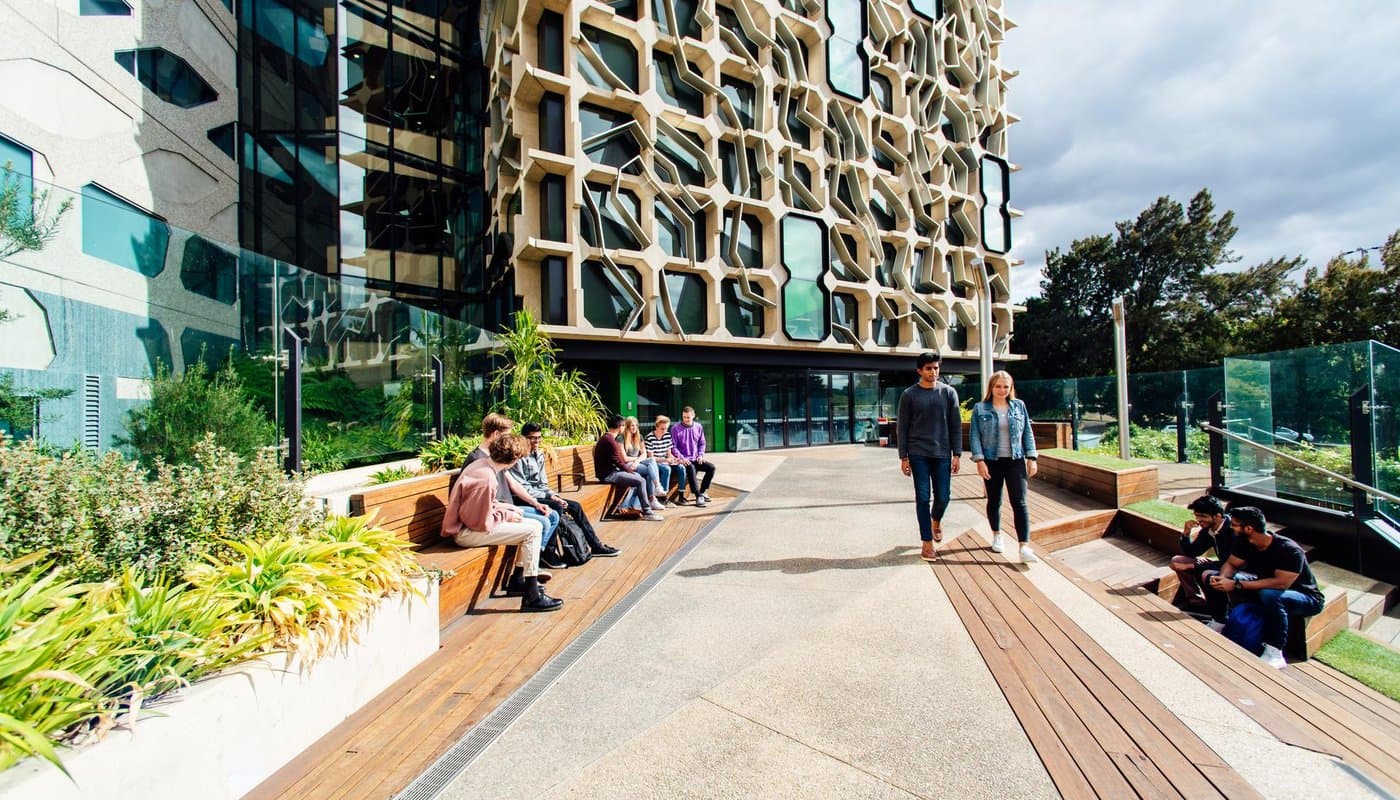About us

Our strategy
The Multiple Sclerosis Research Flagship is a Flagship program of the Menzies Institute for Medical Research. Our team has proudly been at the forefront of research advancements in MS for more than thirty years.
Our vision is to reduce the impact of MS on individuals and the community.
Our mission is to perform high-quality, interdisciplinary, and consumer driven research on the causes, treatment and prevention of MS through an integrated pipeline of research. Conducting high impact, translational research to improve health and benefit to society.
Our focus
- Understanding the biology of MS and related disorders.
- Preventing MS in people at high-risk.
- Identifying and modifying factors associated with genetic risk.
- Educating and raising awareness of MS and it's impacts.
- Decreasing the societal impact of MS.
- Improving quality of life for people impacted by MS.
- Actively involving MS consumers and the community.
Our program is strongly connected with national and international MS research priorities, collaborators, health professionals, MS support services (MS Plus) and advocates (MS Australia), and most importantly, people living with MS and their communities.
Our leaders

Academic Lead, Clinical Research Group
Professor Bruce Taylor
Professor Bruce Taylor is a clinical neurologist and the academic lead for the MS Research Flagship. Professor Taylor’s research focuses on the personal, environmental and genetic factors associated with the onset and progression of MS. His ultimate goal is to prevent the onset of MS.

Deputy Academic Lead, Brain Health - Glial Research Group
Professor Kaylene Young
Current MS treatments target the immune system, but a treatment that promotes nervous system repair is also needed. Professor Kaylene Young's team is working to develop and test new myelin repair treatments that will protect nerve cells and overcome MS-related disability.

Brain Health - Glial Cell Signalling Group
Dr Jessica Fletcher
Dr Jessica Fletcher's Glial Cell Signalling Group studies how brain cells called glia contribute to the neurodegeneration that causes progressive disability in MS. The group's goal is to apply this understanding to develop new brain repair therapies to improve the lives of people with MS.

Epidemiology - Digital Health Group
Professor Ingrid van der Mei
Professor Ingrid van der Mei is an epidemiologist whose research focuses on why people get MS and what influences MS progression. Professor van der Mei's group works on digital technology projects that aim to improve the disease management of people with MS through data, knowledge and empowerment.

Epidemiology - Sleep in MS Group
Dr Laura Laslett
Dr Laura Laslett's group is striving to collect better data on sleep and MS symptoms and to develop a pathway to treatments which improve sleep. The group's goal is to improve sleep in people living with MS.

Genomics - Evolutionary Medicine Group
Dr Bennet McComish
Dr Bennet McComish's group is investigating the impact of natural selection on MS genetics. Many of the genes that affect the risk of developing MS have been shaped by evolutionary trade-offs between infectious disease and autoimmunity. Understanding these trade-offs will help to inform our approaches to the diagnosis, treatment and prevention of MS.

Genomics - Neurogenomics Group
Dr Nicholas Blackburn
Dr Nicholas Blackburn’s team harnesses genomic technologies in collaboration with neuroscientists, geneticists, and clinicians to better understand the genetic risk of MS. The team's goal is a better future for people with MS, achieved by applying knowledge gained from genomics to discover and target the molecular mechanisms of disease.

Genomics - Multiomics Group
Dr Yuan Zhou
Dr Yuan Zhou is a geneticist and leads the MS Research Flagship's Multiomics Group, which focuses on dissecting the genetic architecture of MS using large biological and clinical datasets. The group's goal is to use this information to develop new and better treatments and ultimately prevent disease progression.

Health Economics Group
Dr Julie Campbell
Dr Julie Campbell's Health Economics Group investigates the societal economic impacts of MS. It aims to understand the true cost of illness for people living with MS, their families and society. The group's goal is to improve MS resourcing through health economics analysis that can be used for public policy, medication reimbursement, and advocacy, ultimately enhancing quality of life and health outcomes for those affected by MS.

Senior Program Manager
Natasha Stevens
Natasha Stevens leads the strategic operations, business management and research governance of the Flagship. Natasha is a research management expert whose focus is on making the best use of valuable public resources to ensure the Flagship achieves its strategic goals and vision.

Consumer and Community Involvement Manager
Viv Jones
Viv Jones manages the activity of the Consumer Advisory Committee (CAC). Consumer involvement is at the heart of everything we do at the Flagship and is the critical element for improving our research outcomes and impact.
Learn more about Consumer and community involvement at the Flagship.
Our governance
The MS Research Flagship is supported by a robust governance structure consisting of a:
- Steering Committee
- Consumer Advisory Committee
- Scientific Advisory Committee
- MS Stem Governance Committee
- Translation Action Group
- Leadership Group
Our funders
The MS Research Flagship is funded by the Medical Research Future Fund (MRFF), National Health and Medical Research Council (NHMRC), MS Australia (MSA), MS Plus, Royal Hobart Hospital Research Foundation (RHHRF), the Irene Phelps Charitable Trust, the University of Tasmania, the Menzies Institute for Medical Research and philanthropic donations and bequests.
Donate
Donate today to help us continue undertaking life-changing, world-class MS research.